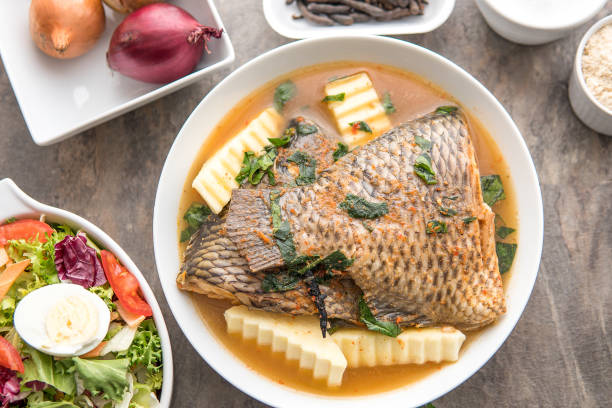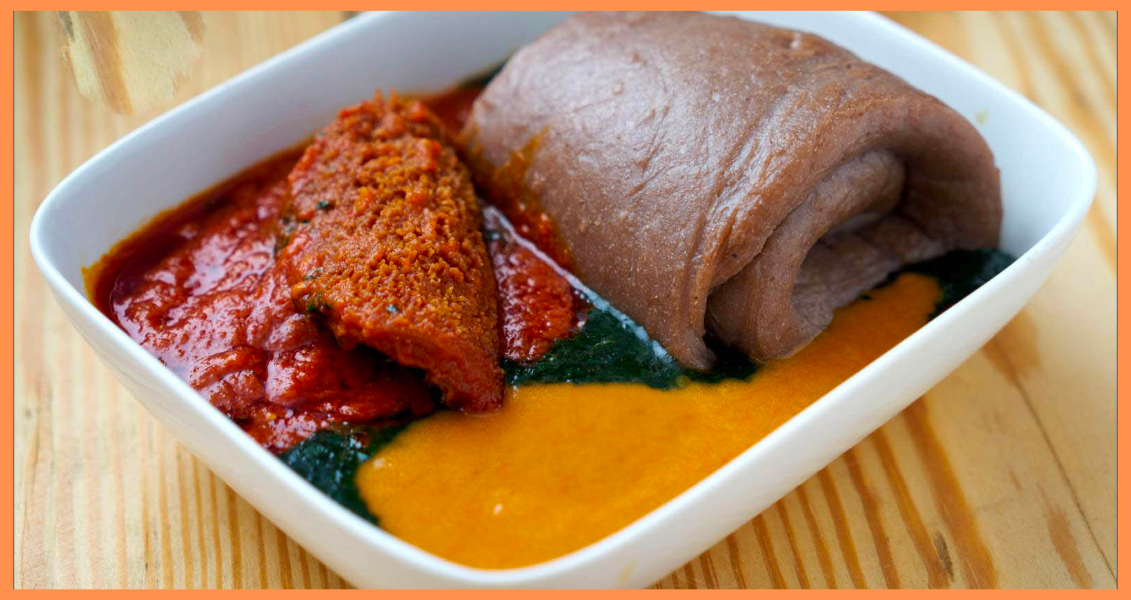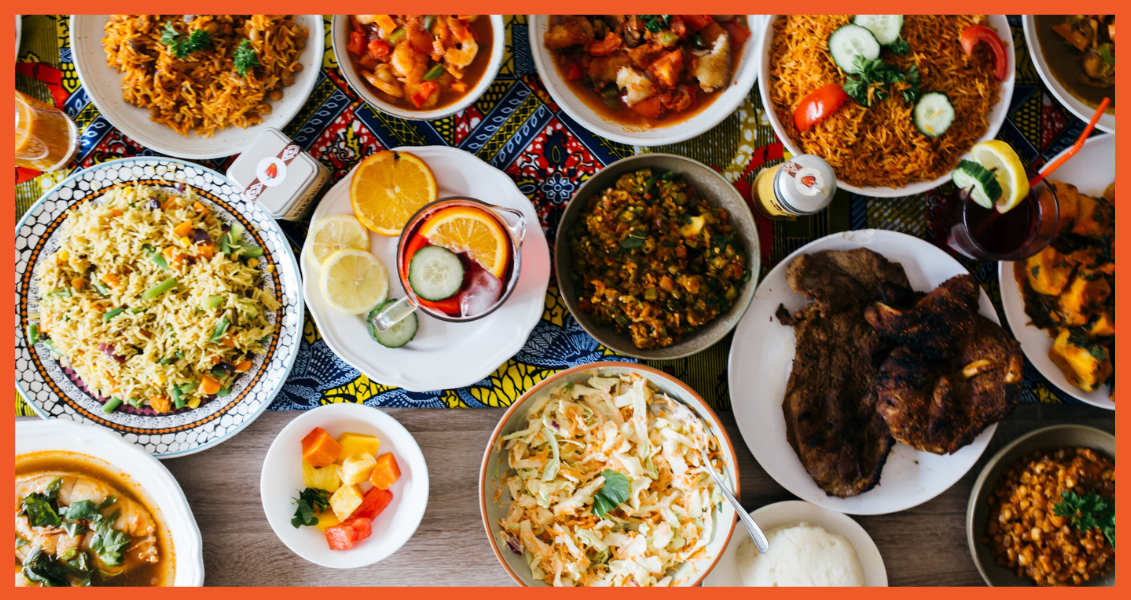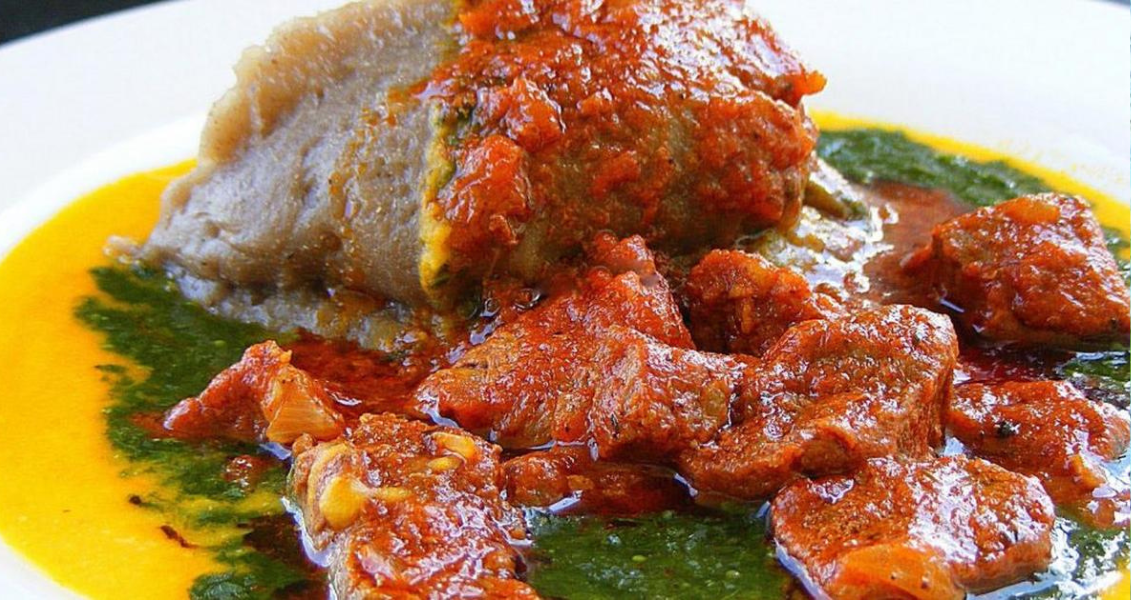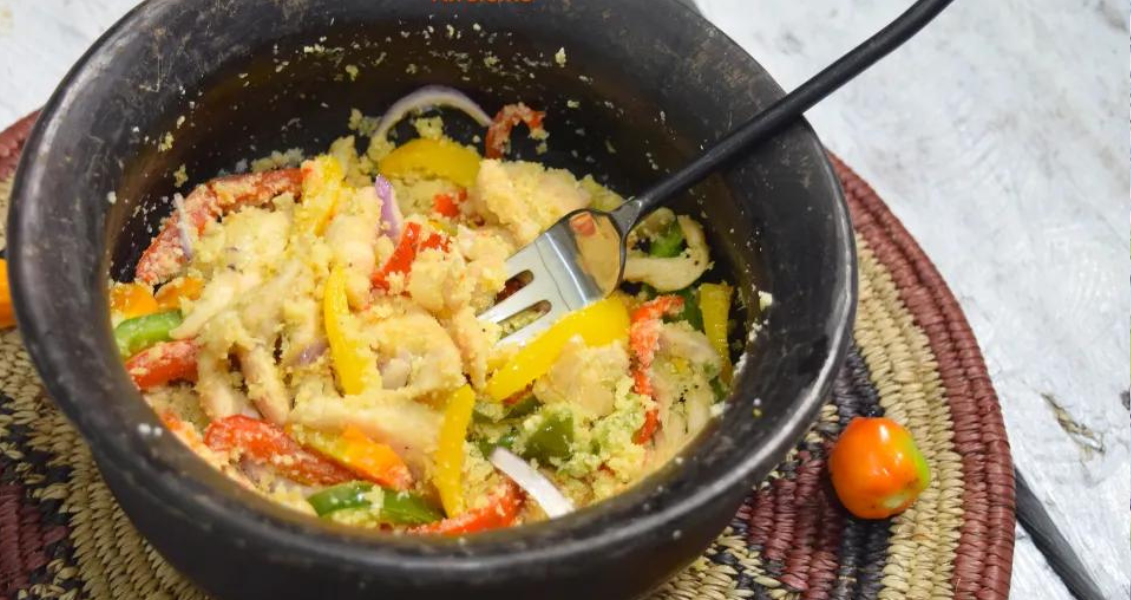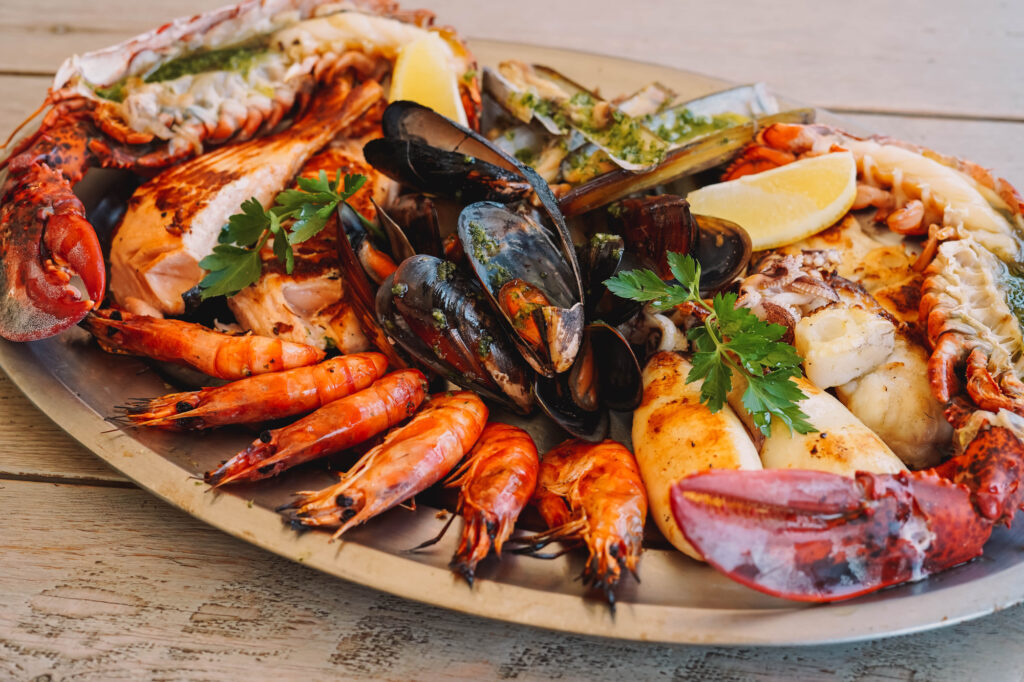
Did you know lobster was once considered a food for the lower class? Only prisoners and indentured servants in North America consumed lobsters. In Nigeria, they were only a thing in coastal settlements. Today, lobster is one of the most expensive and exclusive delicacies. The once cockroaches of the sea now stand heads and shoulders above others on every bougie restaurant’s menu. What changed?
The answer lies in a combination of factors, including the evolution of the fishing industry, changes in consumer tastes, and advancements in transportation and refrigeration technology.
Nigerians have bought into the reputation of lobsters as an exotic delicacy, and we’ve trained our palates to like lobsters because they’re expensive. You go to a restaurant and see things like Lobsters and cream cheese wontons, lobster bisque, lobster dips, and grilled lobster tails on menus; you enjoy your acquired taste and nod your head. The ceremony surrounding the cooking, serving, and eating of lobsters adds to its mystique. Unlike many other types of food, eating lobster requires some technique, a certain intricate know-how that only people already familiar with eating lobsters can pull off without embarrassing themselves. The claws have to be cracked open with a lobster cracker; the tails must be delicately cut open with kitchen shears to not ruin the meat.
Lobsters quickly become rubbery when overcooked; because of this, they’re often cooked by professional chefs, adding to the premium value of lobsters. Eating lobster is a performance of class and wealth, and lobsters have come a long way for food that used to be fed to only prisoners and indentured servants.
Nigerians who live on the coast may not understand the craze for lobsters because they grew up eating crustaceans. But as transportation and refrigeration technology advancements have made it easier to ship lobster further inland, keeping them fresh for much longer periods, lobsters and other delicate seafood continue to receive ever-increasing demand.
Lobster is more expensive than other kinds of seafood because its supply is limited. It’s not as abundant as other kinds of seafood like shrimp, crayfish, tilapia, and salmon. Farming lobsters is also very labour-intensive because lobster traps need to be checked regularly by a team of skilled and experienced divers that use specialised equipment, a process that is time-consuming and requires significant effort, and only further drives up the cost of the final product.
Social media has played a significant role in enhancing the appeal of consuming lobsters. With the rise of internet celebrities and popular tourism influencers, picturesque islands have become prime locations for posting glamorous photos of themselves indulging in lobster as an exotic delicacy. The more people saw the complicated act of eating lobsters as a symbol of status and sophistication, the more they continued to acquire the taste.
Today, lobster is one of the most expensive and sought-after seafood items in the world, served only in high-end restaurants, hotels, and luxury cruise ship menus, with prices that keep getting more and more obscene.
The rise of lobster from a trash food to a luxury item is a testament to the power of technology, transportation, and the ever-changing social dynamics of consumer tastes. Its reputation as a luxury delicacy keeps growing, so much so that it has completely overshadowed its humble beginning. Lobsters are so high up the luxury food chain now that they’re one of the world’s most highly valued and sought-after seafood items, enjoyed by those with the means to indulge in their rich flavour and unique appeal.
Lobsters have advice for foods that want to blow and maintain their glow up. When the opportunity for advancement comes, grab it with both hands. Don’t say, “I don’t know how to use this new technology” or “I don’t like cold weather.” Embrace technology and use it to your advantage. If you don’t, you will be like semo, or worse, garri. Forever local, forever disrespected.










